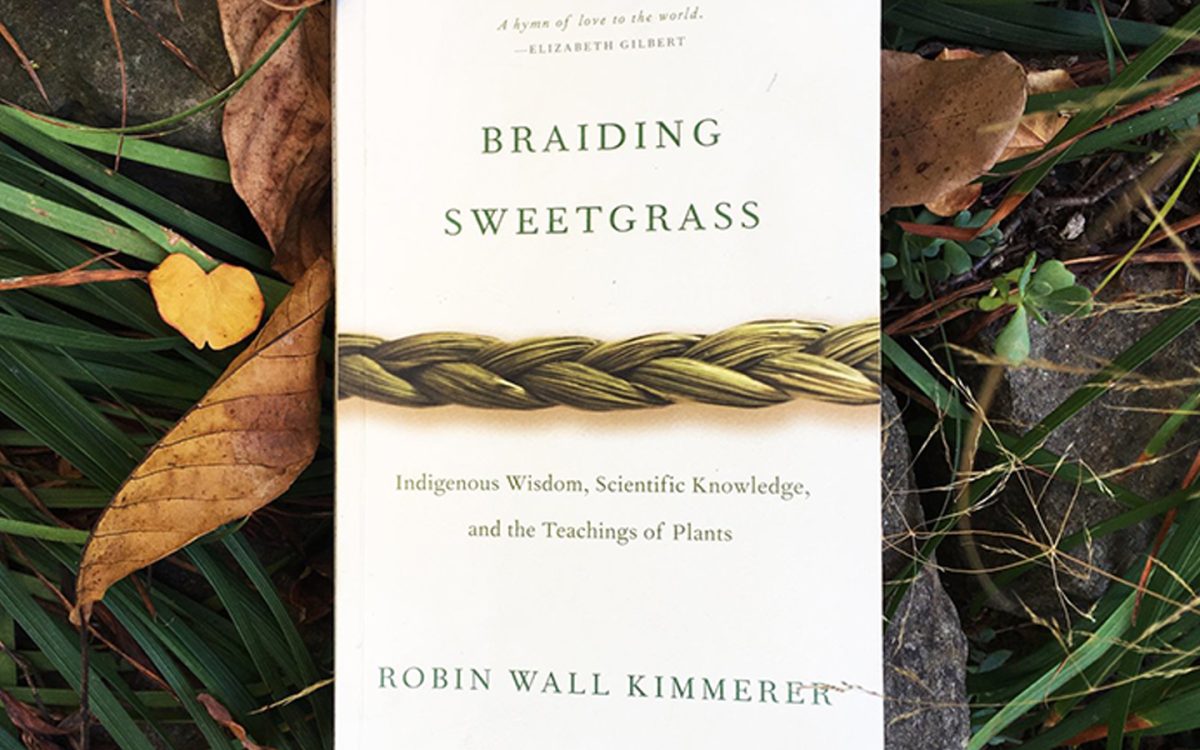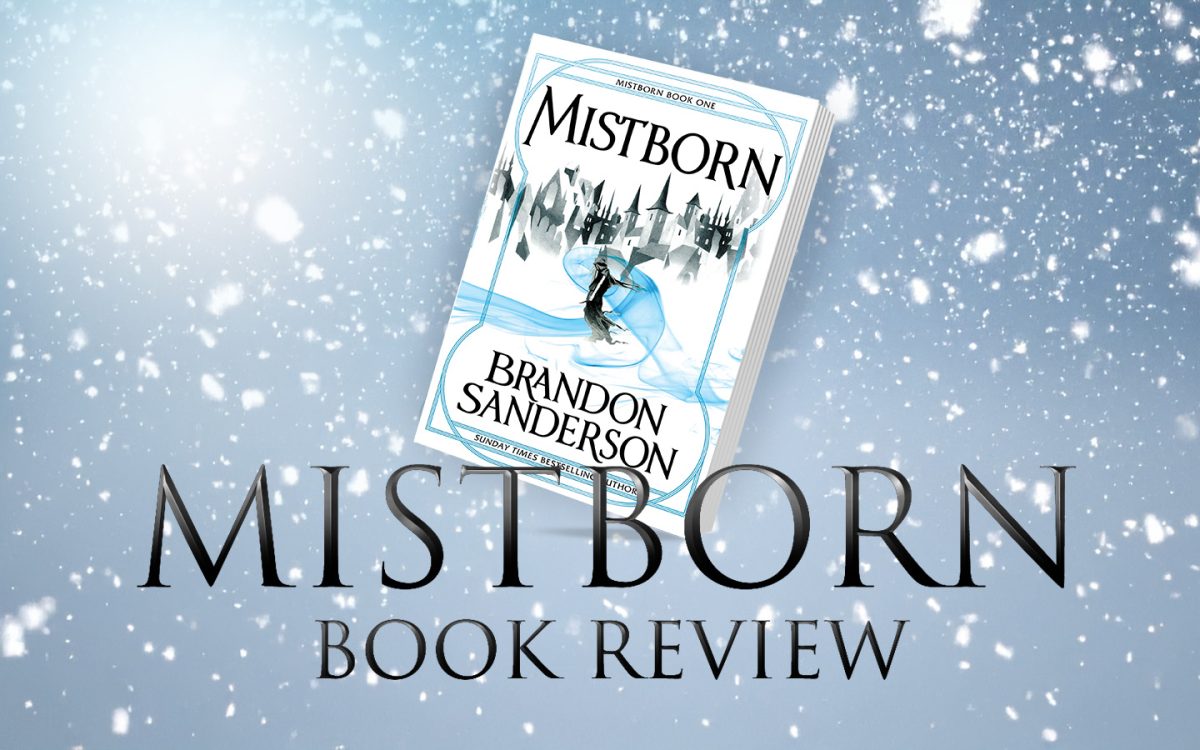“Braiding Sweetgrass” by Robin Wall Kimmerer is a poetic essence dressed up as a book, offering a heartfelt exploration of our relationship with nature through indigenous wisdom and scientific knowledge. Kimmerer, an extraordinary botanist and descendant of the Citizen Potawatomi Nation, bridges the gap between indigenous knowledge and Western science through this masterpiece of a book. She invites us to remember our intrinsic connection to the land, encouraging curiosity.
In the chapter “Asters and Goldenrod,” we are introduced to the catalyst behind the author’s pursuit of botany—a curiosity ignited by the complementary dance of asters and goldenrods in nature. Why is the melding of yellow and purple so aesthetically pleasing? Curiosities like these propelled Kimmerer toward botany which was not scientific enough in her advisor’s opinion! The quest, however, is inherently scientific which unravels with an explanation of how the retinas and rods of our eyes respond to such color combinations in a way that makes it visually aesthetic. Like us, bees are drawn to the duet of purple and yellow as well. Asters and Goldenrod grow together in nature to attract their pollinators! The beauty of flowers is not necessarily to please humans. In contrast to modern science, indigenous wisdom does not center on human supremacy but instead recognizes our vulnerability and interdependence. Nature, as a teacher, imparts lessons that transcend textbook learning. This narrative is interwoven with Kimmerer’s journey of rekindling curiosity, learning and unlearning Western scientific norms, and rediscovering indigenous knowledge. “Learning from nature,” rather than learning about nature, yields a deeper comprehension of our existence.
Kimmerer conveys complex ecological concepts in an accessible and empathic way. She invites readers into the world of plants, animals and ecosystems with enthusiasm, vividly illustrating the intricate relationships that sustain life on our planet. Structured around a series of essays, each chapter focused on a particular aspect of the natural world and our lessons from them: guiding us through a diverse array of ecological phenomena. She challenges conventional narratives that view the Earth as a resource to be exploited, advocating for a worldview that recognizes nature as a living, sentient entity deserving of respect and care. In the indigenous way of living, the act of harvesting sweetgrass is approached as a gift from nature rather than a crop for consumption. This practice embodies a dialogue between humans and nature; a recognition of mutual presence and a gesture of kindness. It teaches us the graceful art of taking only what is needed, never taking the first discovered batch because it could be the last one, echoing the wisdom of indigenous basket weavers who sustainably utilize sweetgrass for their craft. Kimmerer emphasizes that if we interact with plants respectfully, they will thrive alongside us. If we neglect them, they will disappear. This underscores the reciprocal nature of our relationship with the natural world, reminding us that we are stewards, not just consumers.
“Braiding Sweetgrass” prompts readers to reevaluate their own connections to their environment, calling for a reciprocal and sustainable way of living similar to the ancestors of the land who cared for this space. It is an essential read for Michiganders to understand the land we live in and the beings that surround us. It offers any reader a deeper understanding of our responsibility in the natural world and a guide to nurturing a harmonious relationship with Mother Earth. Kimmerer’s words of indigenous wisdom with scientific knowledge are profound enough to resonate with readers long after the last page is turned.














